News
Get A Free Quote !

CALL OUR OFFICE
+86-13606731195 (Mr. Xu)
New Energy Ton Bags: The Future of Sustainable Packaging in the New Energy Era
In the rapidly evolving landscape of the new energy era, where sustainability and efficiency are paramount, innovative packaging solutions are essential to facilitate the seamless movement of goods. Among these, New Energy Ton Bags (NETBs) are emerging as a game-changer, offering robust, eco-friendly, and efficient packaging solutions tailored to the unique requirements of the new energy industry.
New Energy Ton Bags, often referred to as Flexible Intermediate Bulk Containers (FIBCs) or simply ton bags, are a type of flexible packaging designed to handle large volumes of bulk materials efficiently. These bags are typically constructed from durable materials such as polypropylene or polyethylene, making them ideal for transporting a wide range of products, including those related to new energy technologies like solar panels, wind turbine components, and battery materials.
The defining characteristic of NETBs lies in their versatility and sustainability. They are designed to be lightweight yet strong, allowing for easier handling and lower transportation costs. Additionally, their flexible nature allows them to be folded when empty, significantly reducing storage space and transportation costs.
The new energy industry encompasses a diverse array of technologies, including solar, wind, and battery storage solutions. Each of these technologies relies on the efficient and safe transportation of components and raw materials. NETBs play a pivotal role in this regard by providing a cost-effective and environmentally friendly packaging option.
For instance, in the solar industry, NETBs are used to transport solar panels and related components. Their large capacity and robust construction ensure that these delicate and high-value products are protected during transit. Similarly, in the wind energy sector, NETBs are used to transport blades, generators, and other large components, facilitating the rapid deployment of wind farms across the globe.
In the battery storage industry, NETBs are instrumental in the transportation of raw materials like lithium, cobalt, and nickel, which are essential for the production of lithium-ion batteries. The ability of these bags to maintain the integrity of these materials during transit is crucial for ensuring the quality and performance of the final battery products.
In the new energy era, where sustainability is a key driver of innovation, NETBs offer significant environmental benefits. Traditional packaging solutions, such as wooden crates or metal drums, are often heavy, bulky, and difficult to recycle. In contrast, NETBs are made from recyclable plastics, reducing waste and minimizing the environmental footprint of the packaging process.
The lightweight nature of NETBs leads to lower fuel consumption during transportation, further reducing greenhouse gas emissions. This is particularly important in the context of global supply chains, where the environmental impact of transportation is a significant concern.
The new energy ton bag market is continually evolving, with advancements in materials science and manufacturing techniques driving innovation. For instance, the development of anti-static and moisture-proof ton bags has enabled the safe transportation of electronics and other sensitive materials, expanding the range of applications for these versatile packaging solutions.
RELATED PRODUCTS
-
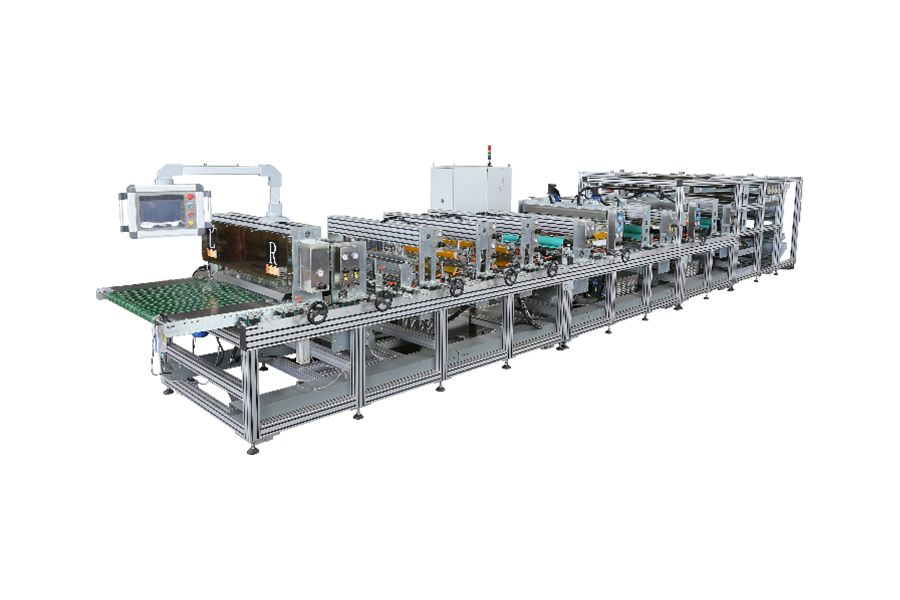
DLP-1300DD medical high temperature sterilization pouch/header bag making machine
DLP-1300 medical high temperature sterilization bag/header b... View More
-
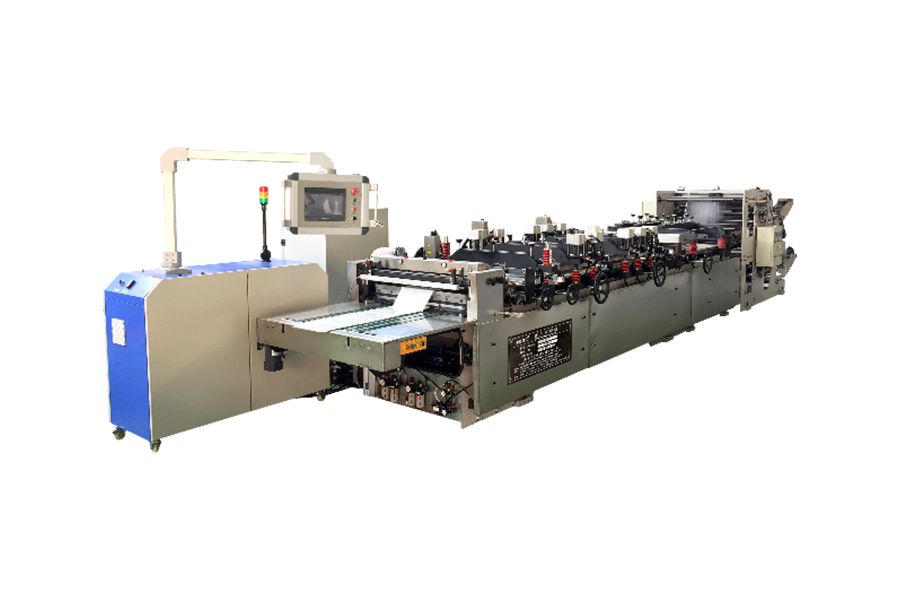
DLP-600 medical paper plastic composite bag making machine
DLP-600 medical paper-plastic bag making machine is suitable... View More
-
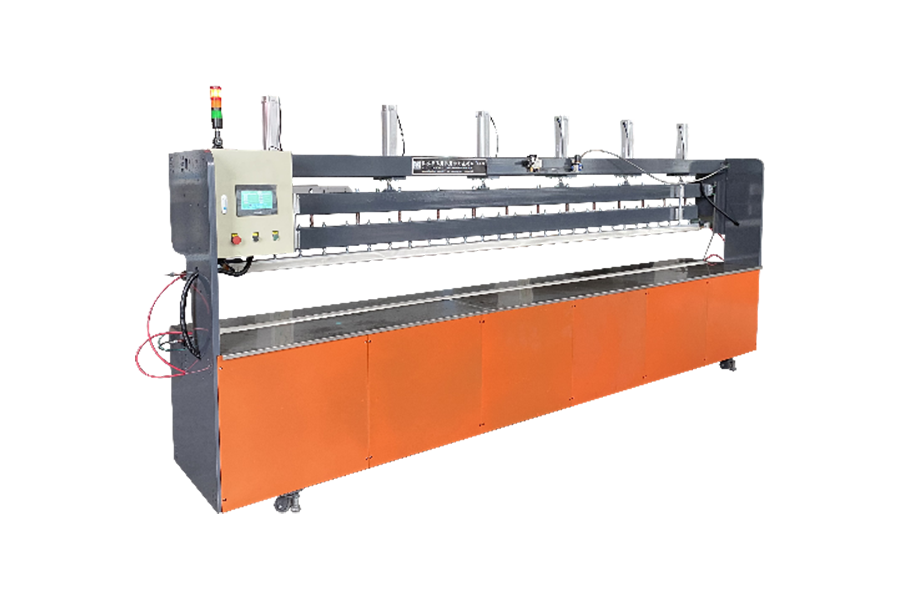
DLP-4500 sealing machine
The DLP-4500 sealing machine is in particular designed to se... View More
-
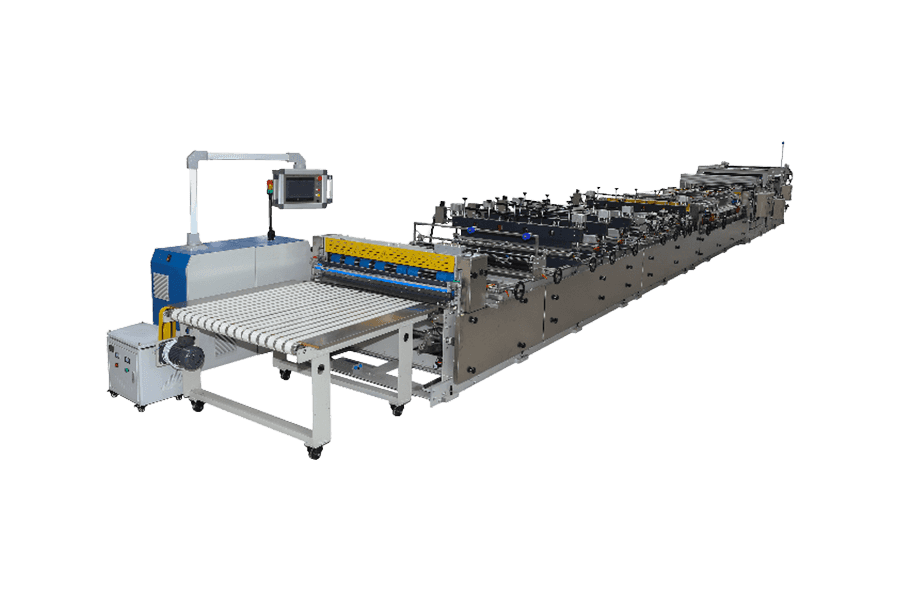
DLP-1300 vacuum storage compression bag making machine
The DLP-1300 vacuum compression bag making machine uses adva... View More
-
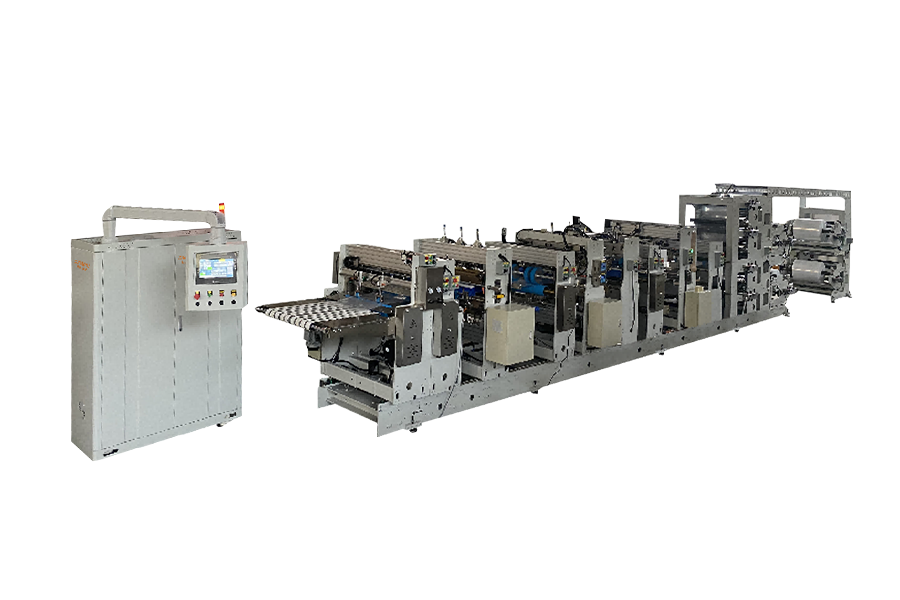
DLP-600 intelligent BIB bag-in-box bag making machine
The DLP-600BIB Box-in-Bag Intelligent Bag-Making Machine is ... View More
-
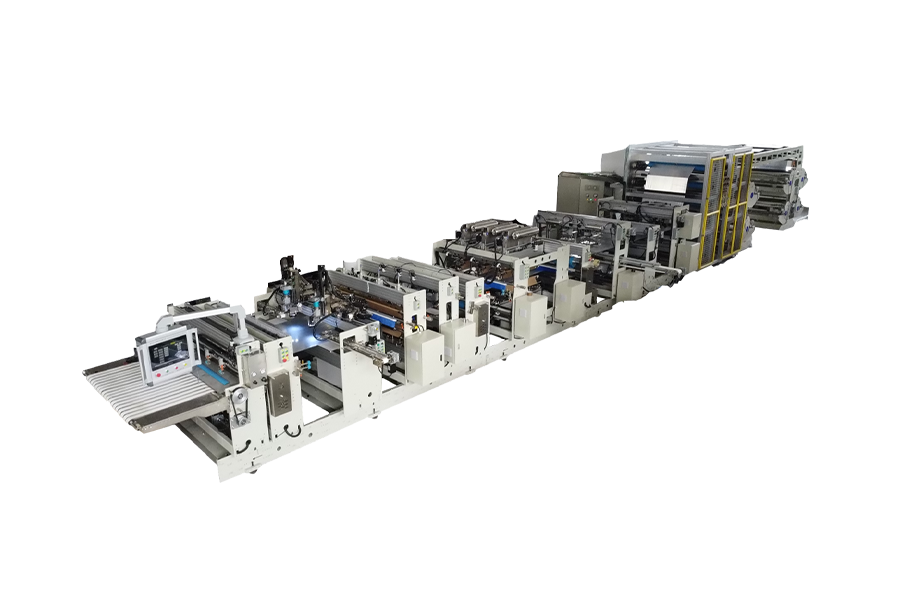
DLP-1600 intelligent BIB bag-in-box bag making machine
The DLP-1600BIB Box-in-Bag Intelligent Bag-Making Machine is... View More
-

DLP-1300DD medical high temperature sterilization pouch/header bag making machine
DLP-1300 medical high temperature sterilization bag/header b... View More
-

DLP-600 medical paper plastic composite bag making machine
DLP-600 medical paper-plastic bag making machine is suitable... View More
-

DLP-4500 sealing machine
The DLP-4500 sealing machine is in particular designed to se... View More
-

DLP-1300 vacuum storage compression bag making machine
The DLP-1300 vacuum compression bag making machine uses adva... View More
-

DLP-600 intelligent BIB bag-in-box bag making machine
The DLP-600BIB Box-in-Bag Intelligent Bag-Making Machine is ... View More
-

DLP-1600 intelligent BIB bag-in-box bag making machine
The DLP-1600BIB Box-in-Bag Intelligent Bag-Making Machine is... View More
-

DLP-1300DD medical high temperature sterilization pouch/header bag making machine
DLP-1300 medical high temperature sterilization bag/header b... View More
-

DLP-600 medical paper plastic composite bag making machine
DLP-600 medical paper-plastic bag making machine is suitable... View More
-

DLP-4500 sealing machine
The DLP-4500 sealing machine is in particular designed to se... View More
-

DLP-1300 vacuum storage compression bag making machine
The DLP-1300 vacuum compression bag making machine uses adva... View More
-
PHONE
+86-13606731195 (Mr. Xu)
-
EMAIL
amin@delipumachine.com
421948631@qq.com
-
ADDRESS
East side of Industry Road and north side of Pandan Road, Tongxiang Economic Development Zone (Gaoqiao Street), Jiaxing City, Zhejiang Province, China
-
FOLLOW US
- Panasonic https://panasonic.cn/
- Hansin https://www.asepticbag.com/
- TAILI https://www.zs-taili.com/
- 星辰集团 https://www.www.xcgs.com/

 English
English 中文简体
中文简体 русский
русский Español
Español









